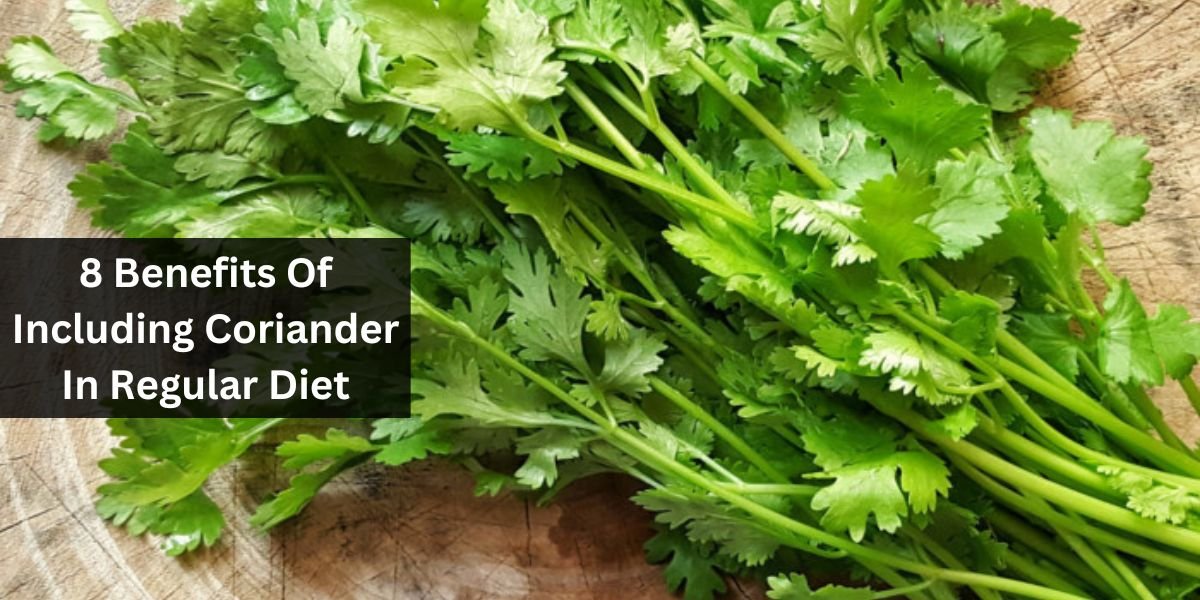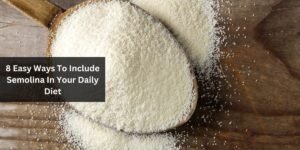Coriander, known for its vibrant green leaves and delightful aroma, isn’t just a popular herb for garnishing dishes; it boasts an array of health benefits too. Incorporating coriander into your daily diet not only adds flavor but also contributes to your overall well-being. Let’s explore eight compelling reasons why you should consider making this herb a staple in your meals.
Rich in Nutrients
Coriander is a powerhouse of essential nutrients. Packed with vitamins A, C, and K, it also contains minerals like calcium, potassium, and magnesium. These nutrients play vital roles in maintaining bone health, supporting the immune system, and promoting healthy skin.
Aids Digestion
One of coriander’s key benefits lies in its ability to aid digestion. It contains natural enzymes that help stimulate digestive juices, thereby easing digestive discomfort such as bloating and indigestion. Incorporating coriander into meals may alleviate gastrointestinal issues and promote better digestion.
Manages Blood Sugar Levels
Studies suggest that coriander may assist in managing blood sugar levels. Compounds found in coriander, such as antioxidants and certain acids, have demonstrated the potential to lower blood sugar, making it beneficial for individuals dealing with diabetes or those at risk.
Supports Heart Health
Coriander contains antioxidants that contribute to heart health by reducing oxidative stress. Moreover, it helps in maintaining healthy cholesterol levels, which is crucial for cardiovascular well-being. Including coriander in your diet might aid in keeping your heart healthy.
Anti-Inflammatory Properties
The presence of anti-inflammatory properties in coriander makes it a valuable addition to your meals. Its components have been linked to reducing inflammation, which may alleviate symptoms of inflammatory conditions like arthritis and joint pain.
Enhances Skin Health
The vitamins and antioxidants in coriander are beneficial for skin health. Regular consumption may help combat skin issues like acne, promote a clearer complexion, and slow down the aging process, leaving you with healthier, glowing skin.
Supports Weight Loss
Coriander is low in calories but high in dietary fiber, making it an excellent addition to a weight-loss diet. Fiber aids in promoting feelings of fullness, curbing cravings, and supporting healthy digestion, all of which contribute to weight management.
Boosts Immune Function
The presence of vitamins and antioxidants in coriander helps strengthen the immune system. Regular consumption may assist in fighting off infections, reducing the severity of common illnesses, and keeping your immune system robust.
Conclusion
Incorporating coriander into your regular diet offers a multitude of health benefits, from aiding digestion and supporting heart health to boosting immunity and enhancing skin health. This versatile herb not only adds flavor to your meals but also contributes significantly to your overall well-being.
FAQs:
How can I incorporate coriander into my diet?
You can add fresh coriander leaves to salads, soups, curries, or use them as a garnish for various dishes.
Can I consume coriander if I’m allergic to certain herbs?
Individuals with known allergies to herbs should consult a healthcare professional before incorporating coriander into their diet.
Are there any side effects of consuming too much coriander?
While coriander is generally safe when consumed in moderation, excessive intake may lead to stomach upset or allergic reactions in some individuals.
Can coriander help with bad breath?
Yes, chewing fresh coriander leaves can help neutralize bad breath due to its antimicrobial properties.



